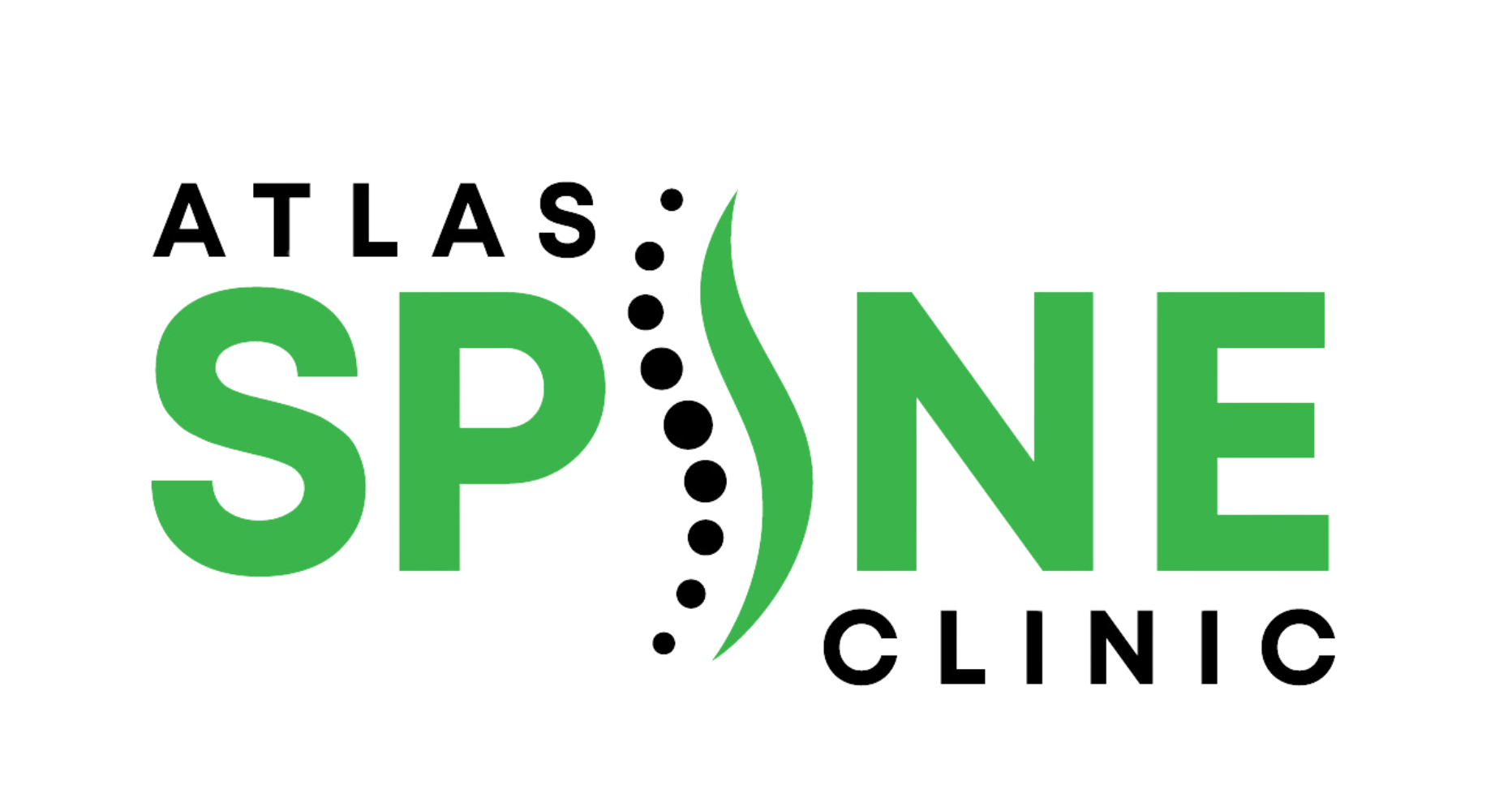Ever wake up with a neck that just won’t turn? Or felt a random tingle in your arm or leg like it fell asleep, even though it didn’t? These strange and annoying sensations might be signs of a pinched nerve. Though it sounds like no big deal, it can totally throw off your day (or week!) if ignored.
What can you do about it? While there are painkillers and rest, many people are turning to chiropractic care for something more lasting. If you’re looking for pinched nerve relief, a chiropractor might just be your new best friend. Let’s explore how that works.
What is a Pinched Nerve?
When surrounding tissues such as bones, muscles, or tendons press too firmly on a nerve, it can interfere with the nerve’s function. This often leads to symptoms like pain, numbness, tingling, or muscle weakness.
It’s more than just discomfort; it’s your body’s way of saying that something’s not right.
Causes of a Pinched Nerve
Several things can lead to a pinched nerve. Common culprits include:
- Poor posture
- Slipped or herniated discs
- Arthritis
- Repetitive motions (like typing or lifting)
- Injury or trauma
- Weight gain or water retention (during pregnancy)
Does the location of the pinched nerve really matter?
Yes.
A pinch in your neck?
That might send pain shooting into your arm.
Lower back?
Your legs might feel it the most.
Signs and Symptoms of a Pinched Nerve
So, how do you know it’s a pinched nerve and not just a sore muscle? Watch out for:
- Sharp or burning pain
- Tingling or a “pins and needles” feeling
- Muscle weakness
- Numbness in one area
- Symptoms that worsen when you move a certain way
These signs can be subtle at first, but often get worse without the right care. That’s where the search for pinched nerve relief usually begins.
How Chiropractors Diagnose Pinched Nerves
Before jumping into treatment, a chiropractor will take time to figure out what’s really going on. This usually includes:
- A physical exam to check posture, flexibility, and movement
- Questions about your daily activities and pain triggers
- Neurological tests to check reflexes and sensation
- Imaging (like X-rays or MRIs), if needed
It’s all about getting to the root of the problem. Chiropractors don’t just treat the pain — they look for what’s causing it and how to fix it naturally.
Chiropractic Treatments for Pinched Nerve Relief
Chiropractic care isn’t just about “cracking backs.” It’s a mix of hands-on therapy, education, and lifestyle advice. Here’s what might be on the menu:
Spinal Manipulation
This is the signature move of chiropractic care — gentle, controlled thrusts that realign the spine and reduce pressure on the nerves. It’s safe, non-invasive, and often gives immediate results.
Stretching and Strengthening Exercises
Chiropractors may guide you through stretches that ease tension and exercises that build support muscles. This combo helps reduce nerve irritation and prevents it from happening again.
Massage Therapy
Targeted massage can loosen tight muscles that are pressing on nerves. It also improves circulation, helping the body heal faster.
Heat and Cold Therapy
Alternating between heat and cold can work wonders. Cold reduces inflammation, while heat relaxes tense muscles; both are helpful in nerve pain relief.
Electrical Stimulation
Some chiropractors use a low-voltage electrical current to stimulate nerves and reduce pain. It might sound intense, but it’s totally painless and super effective.
Benefits of Chiropractic Care for Pinched Nerve Relief
Chiropractic care isn’t a quick fix; it’s a smart fix. Here’s why people are leaning into it for long-term relief:
Non-Invasive and Drug-Free Approach
Forget surgeries or a shelf full of meds. Chiropractic care offers compressed nerve treatment without cutting corners or adding side effects.
Targeted and Individualised Treatment
Your body isn’t a copy-paste, and your treatment shouldn’t be either. Chiropractors craft plans based on your symptoms, lifestyle, and needs.
Improved Range of Motion and Flexibility
When the pressure’s off, movement gets easier. Aligning your spine and stretching tight areas helps restore your natural range.
Pain Relief and Enhanced Well-being
Pain drains you physically and emotionally. Chiropractic care provides nerve entrapment relief while enhancing comfort, energy, and mood.
Preventive Measures for Pinched Nerve
Once you’ve experienced a pinched nerve, avoiding a repeat performance becomes the goal. Here are some smart habits:
- Maintain good posture, especially at work
- Take short breaks from sitting or standing
- Stretch regularly
- Stay active and strengthen your core
- Use ergonomic furniture or pillows
- Avoid heavy lifting or repetitive motion without support
These are more than “nice-to-haves”; they’re simple changes that can protect you from needing nerve compression remedies later.
When to Seek Professional Help
If your symptoms stick around longer than a few days or seem to get worse, it’s time to call in the pros. This is especially true for:
- Ongoing numbness or weakness
- Intense or radiating pain
- Loss of bladder or bowel control (yes, it can get that serious)
- No improvement with rest or over-the-counter options
Chiropractors are often a first stop for sciatic nerve pain treatment, lumbar nerve pain solutions, and even cervical radiculopathy relief . They know how to spot what needs fixing and how to fix it.
End Note
When it comes to pinched nerve relief, ignoring the pain isn’t a plan — it’s a delay. Whether it starts with stiffness or sharp discomfort, a pinched nerve is your body’s way of saying, “Hey, something’s not right.”
The good news? You don’t have to live with it. Chiropractic care offers an effective, natural way to realign your body, reduce pressure, and feel like yourself again. So if your nerves are trying to send you a message, maybe it’s time to listen — and take that first step toward relief that actually lasts.






